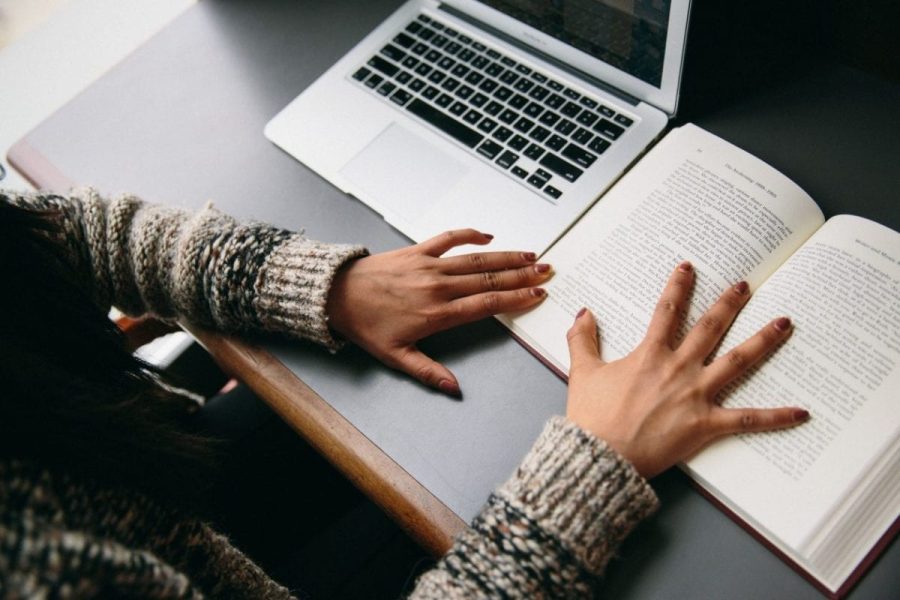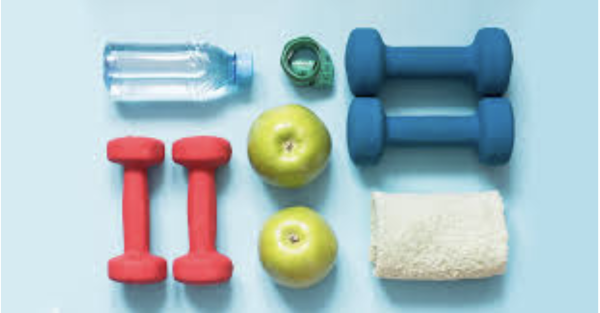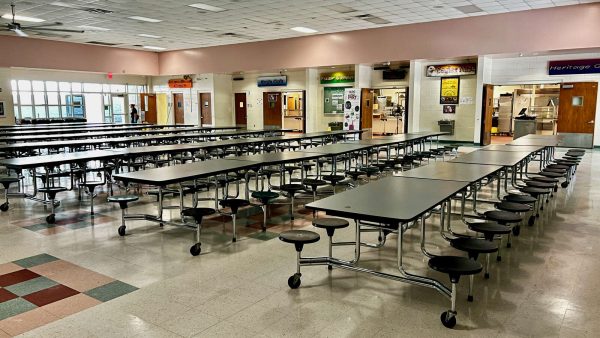My Baseline for Studying Well
Theresa helps to outline four baseline study tips to help you flourish and reach your best potential .
As high schoolers, we get a lot of advice. Pretty much everyone we know has been to high school at some point and they all learned something while there. Some things we hear over and over like: “work hard!” and “ don’t have too much fun!” and other things only one person recommends, but in the end, we hear so much we don’t listen to half of it. Actually more like 95% of it. In this article I’m going to offer some very basic advice that I personally found super helpful as a baseline for studying. Before you can add on all the fancy tips you have to have good foundational skills. Take what’s helpful and leave what’s not 🙂
- Get sleep and Drink water.
The number of times I’ve heard: “I only got five hours of sleep last night!” from someone with a huge smile on their face is unsettling. If you get that amount of sleep you should be very sad about it, because NO ONE CAN FUNCTION WITHOUT ENOUGH SLEEP. I cannot stress this enough. You may think you “don’t need that much sleep,” but you’re actually wrong. Scientifically, in fact. Teenagers need 8-10 hours of sleep every night, which means an eight hour minimum. Seven and a half is fine once in a while, but it’s not sustainable for anyone our age. Trust me, I know that it is incredibly difficult to get enough sleep, especially when you are an overachiever. It sometimes seems mathematically impossible to get all your work done and eight hours of sleep. But sleep is a priority, so it should be the first thing in your schedule. I have a suspicion though, lots of people are not getting sleep due to… Netflix 🙂 which is not as difficult to work around.
In addition to sleep, humans NEED water. You’re probably like, duh. But more than 70% of Americans are clinically dehydrated. That’s ridiculous. If you have random headaches or difficulty concentrating, or random weird things that are consistently part of your day, you are probably dehydrated. I’m not a doctor, but you might as well have that worry out of the way and drink enough water. If it’s hard for you, or you forget, I would recommend a water bottle with a straw. For some reason it makes drinking water a lot more fun.
Sleep and water are the baseline for good study. If you aren’t able to focus or fall asleep halfway through the day, how can you expect to be stretching your brain and learning new things?
- Prioritize
At some point last year, I realized that I was spending a disproportionate amount of time doing busywork, making flashcards,writing to do lists, reading, answering my email, etc. My time was taken up entirely by work, and I didn’t think I could cut anything to spend time resting. My solution was to rank the things on my to-do list based on what would actually help me learn the material and be prepared for class the next day. If I had a ton of work to do and part of it was a two hour reading assignment, I would read the most important passages that would help in the discussion the next day and skip over the less important ones. Now, I’m not saying do your work halfheartedly. But if the alternative is to go to bed late, or do none of it, or spend the entire weekend doing work, then prioritizing can help make your life less stressful.
- Active Recall
You’ve probably heard of this in habits of mind class, but it’s honestly so helpful. Especially with history or science classes where there is a lot of information that you need to know, active recall practices the exact function of the brain that you use in a test situation to use information. If you don’t know what active recall is, you basically put away your notes or any materials and see how much information you know just off the top of your head. Another way to use active recall is to quiz yourself. Basically just practice recalling the right information when you need it. Active recall is the secret to knowing if you’re ready for a test.
- Know your “good times”
For me, I know that once I stop working, it’s going to be super hard to start working again. Knowing this, I work for long periods of time before taking a break, and then I take longer breaks once my work is done. For my sister, she works well towards a break, so the pomodoro method works for her. She works for 25 minutes then takes a break and she can sustain this for a while. Other people know that they work best in the morning, afternoon, or evening. Try to figure out what works best for you, and alter your work/break flow around this. It’s a lot more helpful than trying to force yourself into a strict “scientific” study period. Everyone is different, so do what works for you.
by Theresa Marcucci ’23, Associate Editor-in-Chief
23tmarcucci@montroseschool.org











